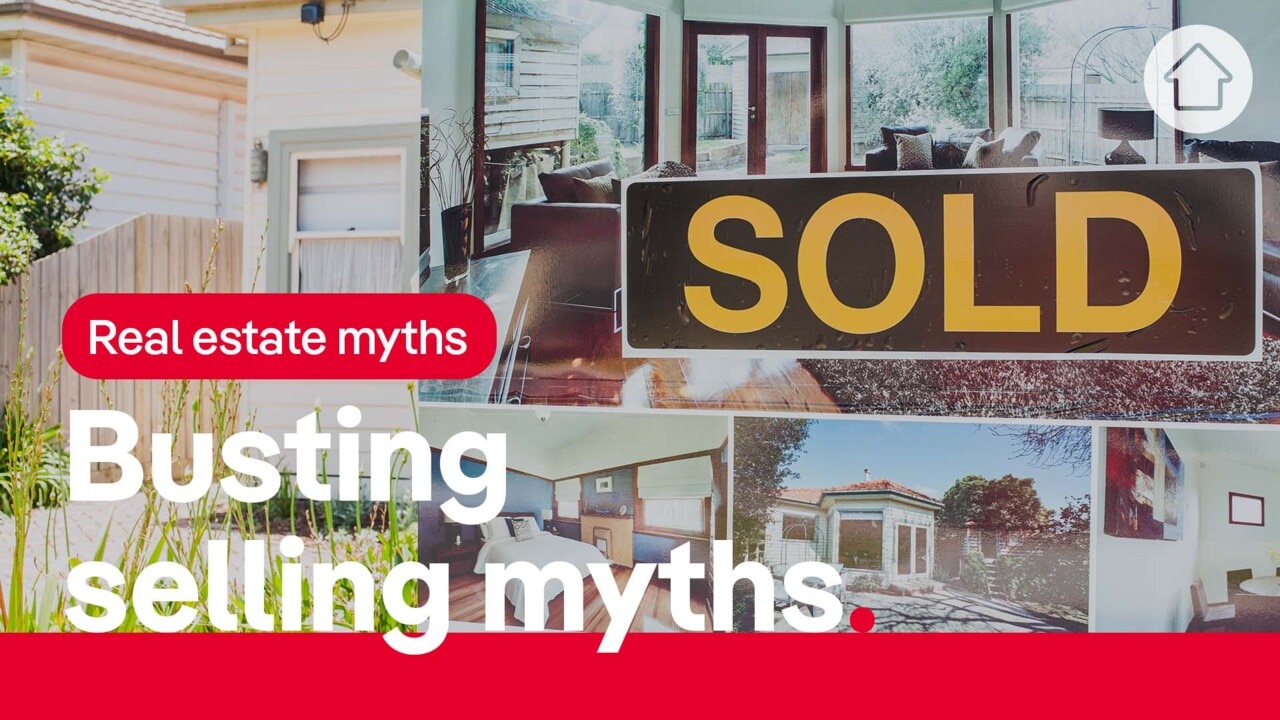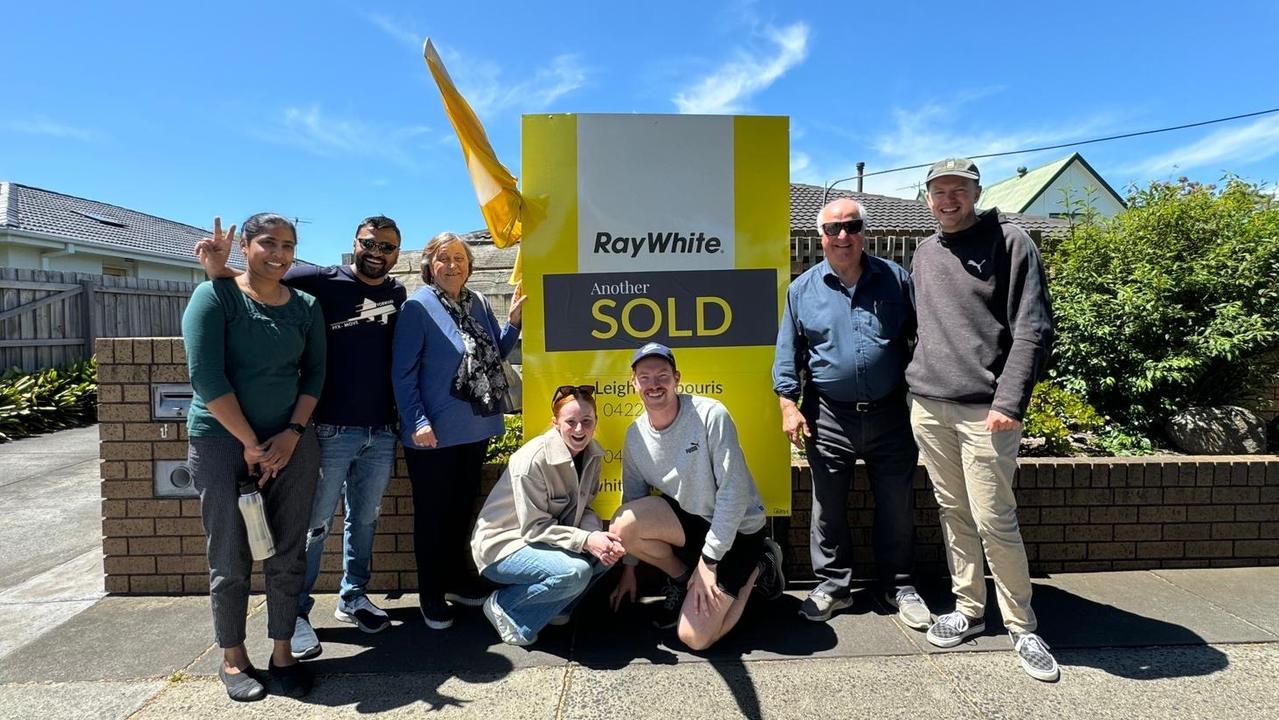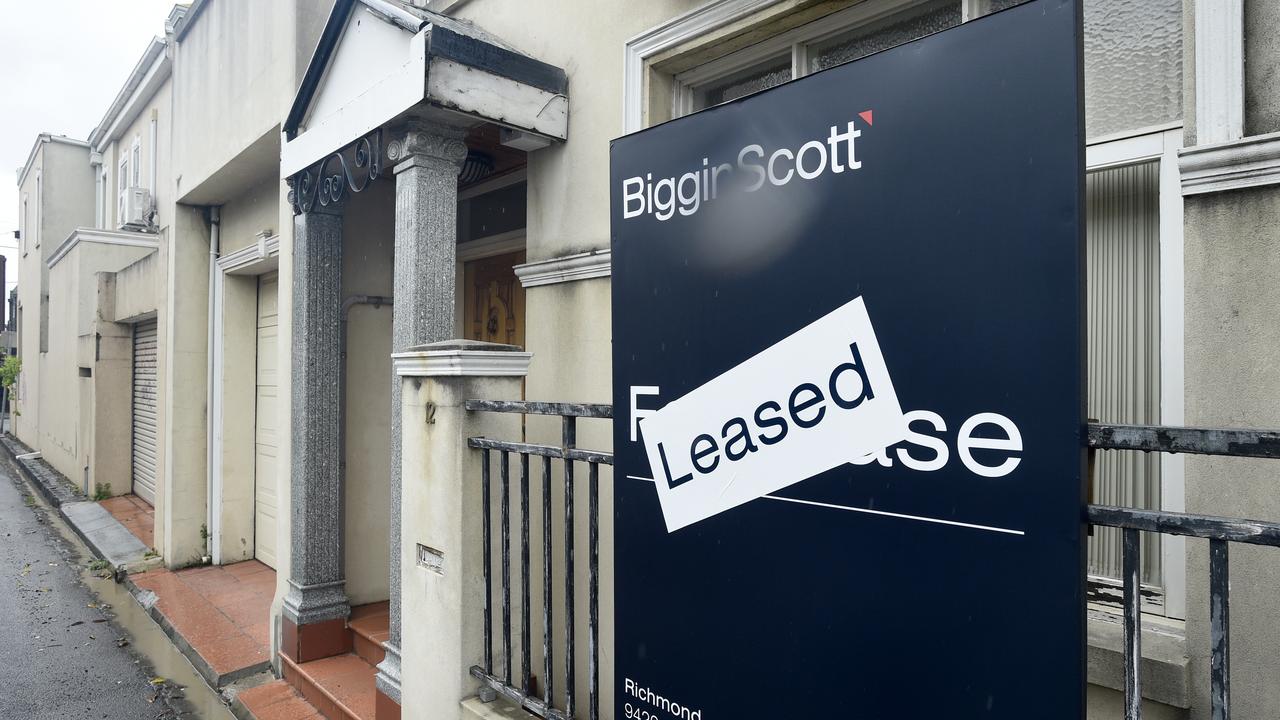Real estate agent speak: how the right jargon can help save you time
Experts have revealed how knowing some key real estate jargon can save you time and stop agents trying to take advantage of you. These are the most common keywords and phrases.

In the high stakes world of real estate, talking the talk can stop agents trying to pull one over on buyers and even save them time and money.
Real Estate Buyers Agents Association of Australia president Cate Bakos said knowing the right lingo could “disarm an agent”.
“It can help get you an insight into how they will deal with your offer, and they also use jargon words for different buyers and vendors that can help shape your purchase,” Ms Bakos said.
RELATED: Property market guide: What happens after you buy a home?
The Block 2022 auctions: Massive mistake this year’s losers on the show made
Fear of awful neighbours: How to avoid a nightmare next door

She suggested buyers start by asking “what are your best comps” (short for comparable sales). This should get agents talking about other sales in the area, and might reveal if they think any have been quoted lower than they will sell for.
Wakelin Property Advisory director Jarrod McCabe agreed, noting that “knowing the language can often fast track things”.

“It demonstrates that you are knowledgeable, so you might well avoid having the agent try a few more strategies on you,” Mr McCabe said. “They are less likely to try to take advantage of you.”
Some of the key words to keep an eye out for in property ads today include: “needing some love”, “renovator’s delight” and “original condition”.
“That can put off some buyers, and might mean there’s not as much competition for that property,” Mr McCabe said.
If an agent mentions an “off market” opportunity, he advised clarifying if they meant “pre-market”.
Mr McCabe said at this time of year it was common for agents to mention homes expected to be listed early next year – but they generally would not sell early unless a very generous offer was made.

He also advised that what you say as a buyer can impact the vendor’s view of you.
Making an offer “subject to finance” – which he warned while in some cases necessary, could mean you are beaten by another buyer who is prepared to go “unconditional”.
Once you have an agent talking, here are some key terms the buyer’s advocates advise buyers should be listening out for, or to be dropping into their next conversation.
HOW TO SPEAK REAL ESTATE AGENT
Genuine seller
This means they are committed and the agent is confident they will get a deal done.
Lofty expectations
If you hear words to this effect about a listing, it is a sign the vendor is likely to hold out for a high price – even if it costs them a sale in the short-term.
It’s not the vendor you need to worry about
There are multiple buyers with a budget at the level the vendors are seeking.
Overcooked
A common phrase to describe a listing that was priced too high and has scared off buyers – watch for a reduction in future.

Paid overs
If you hear this said about recent sales, they might not be a good comparison for value.
They’ve missed out on a few
Indicates a rival could be “fatigued” and willing to pay more than a home is worth to end their search.
They want their day in the sun
Common agent speak for – it is going to auction, no matter what you offer.
Under offer
The home is sold, but it is not unconditional – ask the agent to let you know if it starts looking shaky.
Uneducated
This can be a sign other buyers might be looking at a home they cannot afford under competition.
Last right of refusal
Requesting this can ensure you are given a chance to top other offers.
REAL ESTATE JARGON
Caveat
A notice buyers often put on a property to secure their interests before settlement.
Capital gains
The increase in value of a property over time. This impacts capital gains tax for investments.
Cooling off
A period of time buyers have to change their mind for private sales (varies from state to state).
Equity
What a home is worth compared to its loan. As prices fall, homes might hit negative equity.
LMI
Lenders mortgage insurance, a fee paid to insure a bank against a loan that is (usually) below 20 per cent equity.

Negative gearing
Making a loss on an investment property and using that loss to reduce how much tax you pay.
ROW
A right of way to access, usually from the side or rear, a property.
STCA
Subject to council approval, common when agents speculate on development potential at a property.
AUCTION ACTION WORDS
First call, second call, third call
An auctioneer’s gambit aimed at eliciting bids for a home that is (often) not yet at its reserve price. Once it is, it becomes a warning the home could be knocked down at the current bid.
Non-referral auction
The agent will not be going inside to speak with the vendor, because they are confident in either a low reserve or high buyer interest.
Passed in
Properties that do not sell during a live auction (they may subsequently be negotiated to a sale soon after, which is still subject to auction conditions).
Reserve
The price a vendor is prepared to sell their home for – this might differ to advertised prices. Often an auctioneer notes it has been reached by saying, “we’re on the market”.

Underbidder
The party that came second at an auction.
Vendor bid
An offer made by the auctioneer on behalf of the seller — usually to move the auction along.
“We are close”
Generally, it is still $5000-$50,000 from the reserve.
Sign up to the Herald Sun Weekly Real Estate Update. Click here to get the latest Victorian property market news delivered direct to your inbox.
MORE: Future Victoria: When Melbourne property prices could hit $2m
Home buying advice: Property experts share what they wish they knew their first time
Australia’s home building boom is all but over, could impact key federal budget pledge
Originally published as Real estate agent speak: how the right jargon can help save you time






